Should I Go Gluten Free?
A gluten-free diet is not recommended for everyone. There are even some concerns about the nutritional value of gluten free food. Recent studies have found that the nutritional composition of processed gluten–free food items may include high levels of fats, sugars, and salt, and consumption of them can lead to an increased risk of elevated cholesterol, blood sugar and eventually metabolic syndrome.
The cost of gluten-free products, while declining, remains higher than their wheat-based counterparts. The introduction of mass-market production of gluten-free products has impacted both the cost and availability, and there are many non-processed items that are gluten-free.
Well, What is Gluten?
Gluten is a general name for the proteins found in wheat, rye, barley and triticale (a cross between wheat and rye) and oats* (*oats are considered to contain gluten – as they are often processed in the same processing plant as products containing gluten). Gluten is added to foods to help maintain shape, acting like a glue that holds food together, therefore gluten can be found in many types of foods, even ones that would not be expected, like sauces.
Why Would You Go Gluten-Free?
There can be certain conditions that mean a gluten-free diet may be necessary. You may have one of the following reactions to gluten –
-
- Coeliac disease (CD) is an autoimmune disease triggered by an abnormal immune response to gluten. The inflammatory damage primarily affects the small intestine, which is responsible for the absorption of nutrients. Symptoms of coeliac disease include fatigue, weight loss, diarrhoea, anaemia, osteoporosis, and depression.
- Non-coeliac gluten sensitivity (NCGS) is more recently recognised, occurring in 6% of the population. NCGS is a condition that is neither autoimmune nor allergic yet leads to subjective symptoms similar to those seen in coeliac disease when gluten is consumed. The cardinal sign of improvement is the reduction of symptoms on a gluten-free diet.
- Wheat allergy is a less common condition than CD and NCGS, affecting around 0.1% of the population. It is characterised by an IgE – an allergic reaction to gluten. The symptoms of wheat allergy are typical of those with allergies – acute swelling of the face, skin, respiratory and gastrointestinal tract.
So, What can you Eat if you are Gluten Free?
FOODS FOODS TO AVOID FOODS TO CHOOSE
Flours to Avoid
Wheat flour, Wheaten Cornflour, Bakers flour, Spelt flour, Rye flour, Custard powder made from wheat, Oat flour, Barley meal, Gluten flour
Flours to Choose
Rice flour, Pure cornflour (maize flour), Cornmeal, Soya flour, Potato flour, Arrowroot, Buckwheat, Sago, Sorghum, Millet, Tapioca, Besan flour, Urid flour, Lentil flour, Amaranth, Lupin, Baby rice cereal
Bread to Avoid
All bread including rye, commercial soya bread, Flatbread, Pumpernickel, Sourdough bread, Biscuits, Buns, Pastries, Muffins, Crumpets, Pikelets, Croissants, Breadcrumbs Rice cakes, Corn cakes, Most rice crackers,
Bread to Choose
Gluten-free bread, breadcrumbs, biscuits, rolls, cakes, pastries and desserts from allowed flours. Gluten-free bread, biscuit and cake mixes, cornmeal, polenta
Cereals to Avoid
Cereals Breakfast cereals containing wheat, oats, semolina, barley, rye, malt, malt extract, wheatgerm, wheat bran, oat bran, bulgur Rice and corn breakfast cereals (check for malt and malt extract).
Cereals to Choose
Gluten-free cereals, homemade muesli and mixes using allowed ingredients
Pasta Spaghetti, Noodles, Pasta, Couscous, Gnocchi Rice, 100% buckwheat noodles, Gluten-free pasta, Rice vermicelli, Rice noodles
Even if you do not need to be gluten-free, you may like to see the GF recipes under Recipes. For more information on how to test for any conditions that would benefit from a gluten-free diet and support for going gluten-free please book online for an appointment
https://handcraftedhealth.com.au/online-booking/
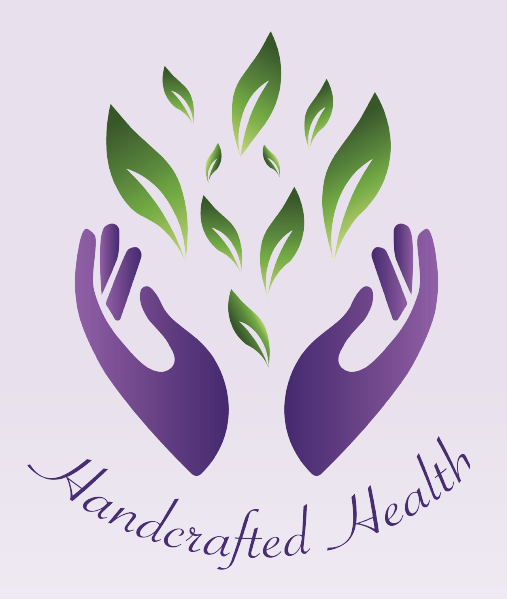
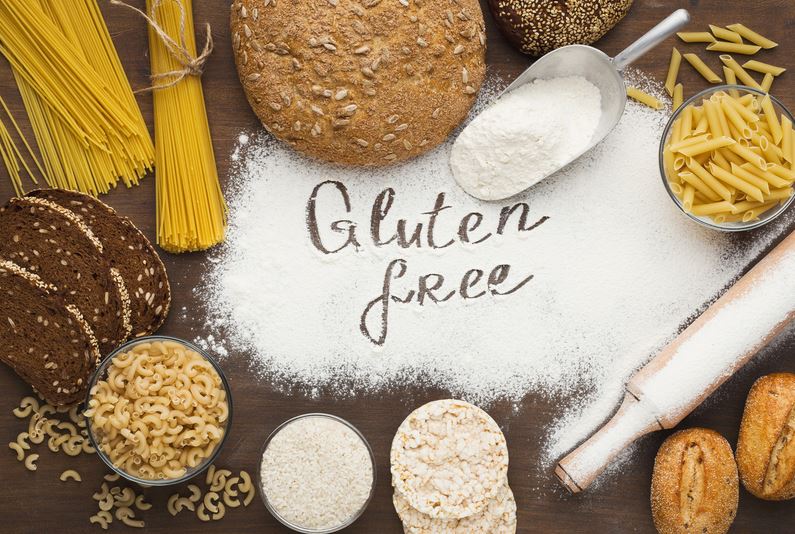

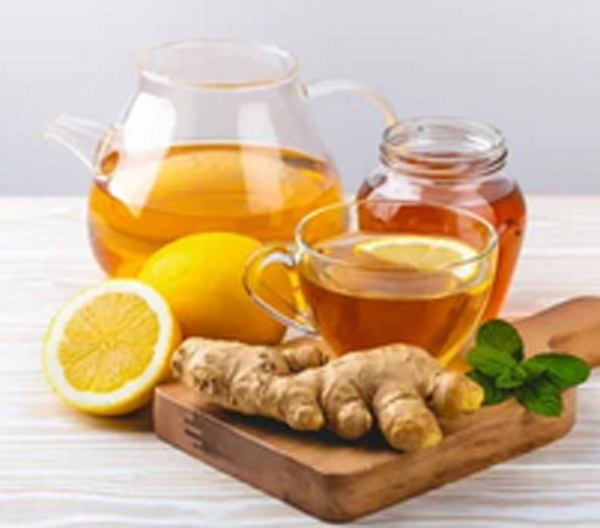

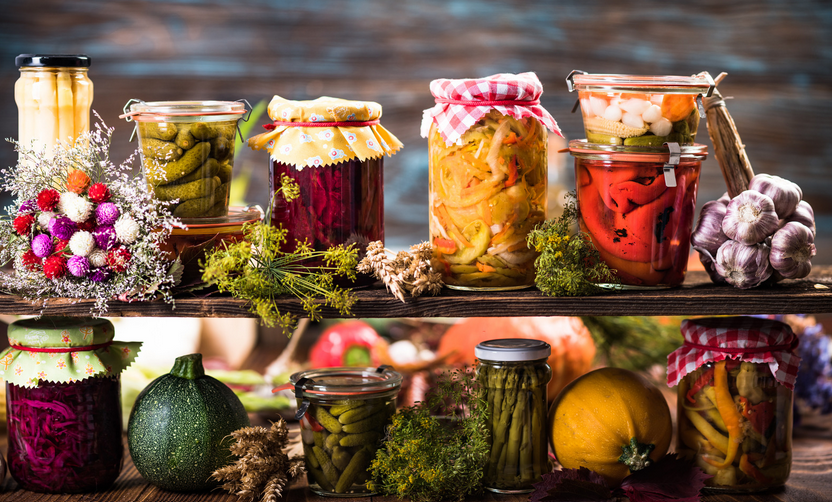
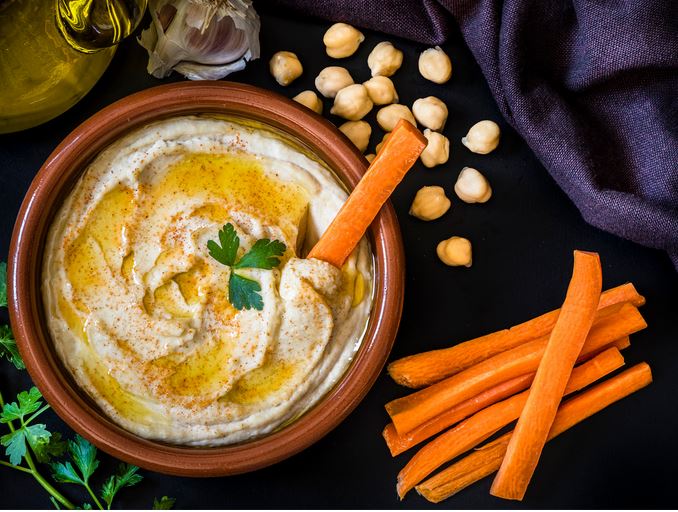

0 Comments